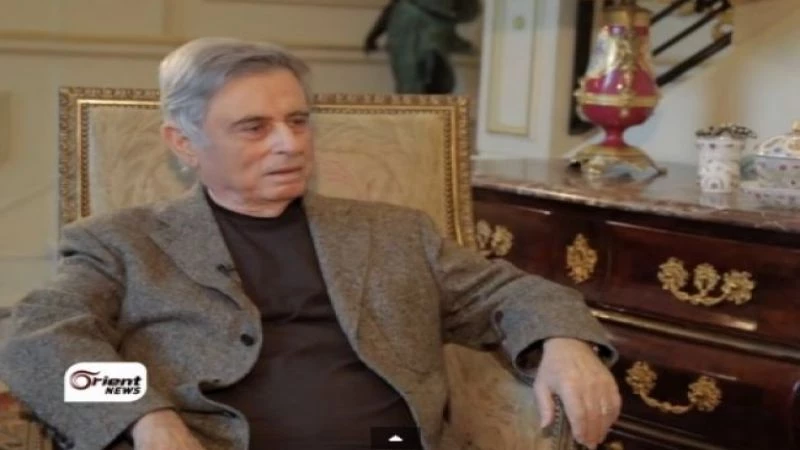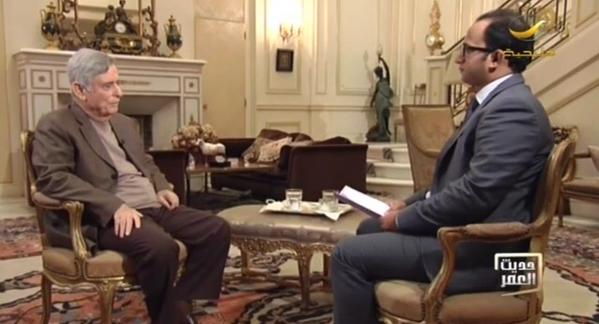In a frank interview with Orient News TV on the Orient Guest program, Abdel Halim Khaddam, former Vice President of the Syrian Republic and former Minister of Foreign Affairs, spoke about the Geneva 2 conference. He stated that there are goals that had been previously agreed upon between Russia and America, ensuring the formation of a transitional body consisting of both the opposition and the regime. This transitional body would have all the powers to hold elections, but it would not be able to impose security or make any changes based on the fact that the regime in Syria is not only represented by the President but also by the state, the armed forces owner, the security services, and the head of the judicial, legislative and executive authorities. He emphasized that simply changing leaders will only result in the creation of a new dictator. On the other hand, the opposition will be under pressure from both America and Russia and will not be able to change its course.
Khaddam stressed that if the conference is not centered around overthrowing and changing the regime, it will lead to a new phase of oppression and injustice for the Syrian people. It will provide another opportunity to waste time and prolong the life of the regime, resulting in more killing and destruction. He pointed out that there is no confidence in Geneva 2, and it is similar to previous conferences for the Palestinian cause. Therefore, its failure means a second calamity for Arabs and Muslims. In the same context, he said that the real solution in the interest of national security and the security of the region is to remove the regime from the political life of Syria and form a transitional government that has no political ambitions. He pointed out that the Syrian army has expired, and an international force must be formed to replace it and assume responsibility for arranging security inside the country.
He spoke about the US-Iranian agreement and its implications on the Syrian issue, stating that the agreement is one of the declines in the American role towards the Syrian people. It is another opportunity for Iranians to drag America towards a further decline in pressure on the Syrian regime, as it is a partner and a main defender of the regime in Syria. He added that the fall of the regime in Syria represents the fall of Iran in Lebanon and Iraq and its loss of the Palestinian paper. He also stated that Iran is not shaken only by a war fought by countries against it or by supporting the Syrian revolution and overthrowing the regime. The most important rule in Iran’s strategy was set by Khomeini, which is to revive sectarian nervousness towards Shiite Muslims. Iranian interests in Syria started when Assad resorted to Iran when he was accused of assassinating Hariri, Here, the Iranians took advantage of his weakness and embraced him, making several agreements that allowed weapons to be leaked through Syria to Hezbollah in Lebanon. He stressed that the Iranian-Russian alliance supports the regime, and its fate is linked to the regime’s fate. He recalled that Israel’s interest lies in the collapse and weakening of Syria to the point that it only focuses on its internal problems for the next 50 years.
Finally, he spoke about the major gaps in the Syrian revolution, stating that the lack of unified military and political leadership, along with a strategy and specific plans, will delay the regime’s downfall. These gaps emerged with the formation of a national council that has no connection to the ground, as well as the coalition that was built on the same basis. Furthermore, there is a lack of leadership expertise, and he denounced external interference in the composition of opposition forces.


